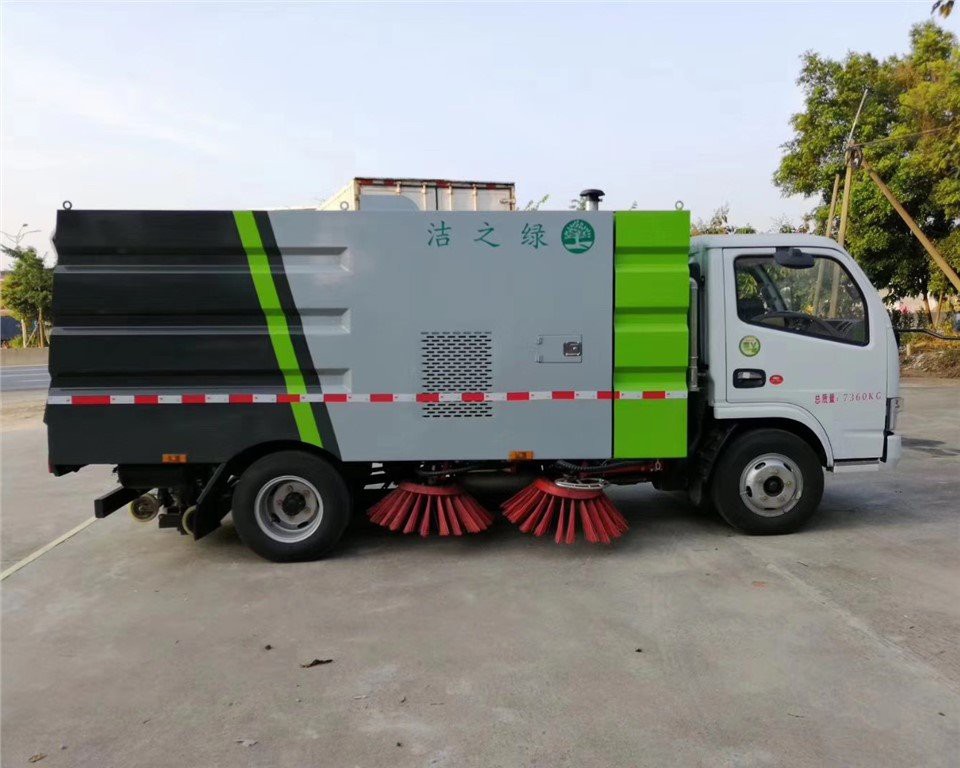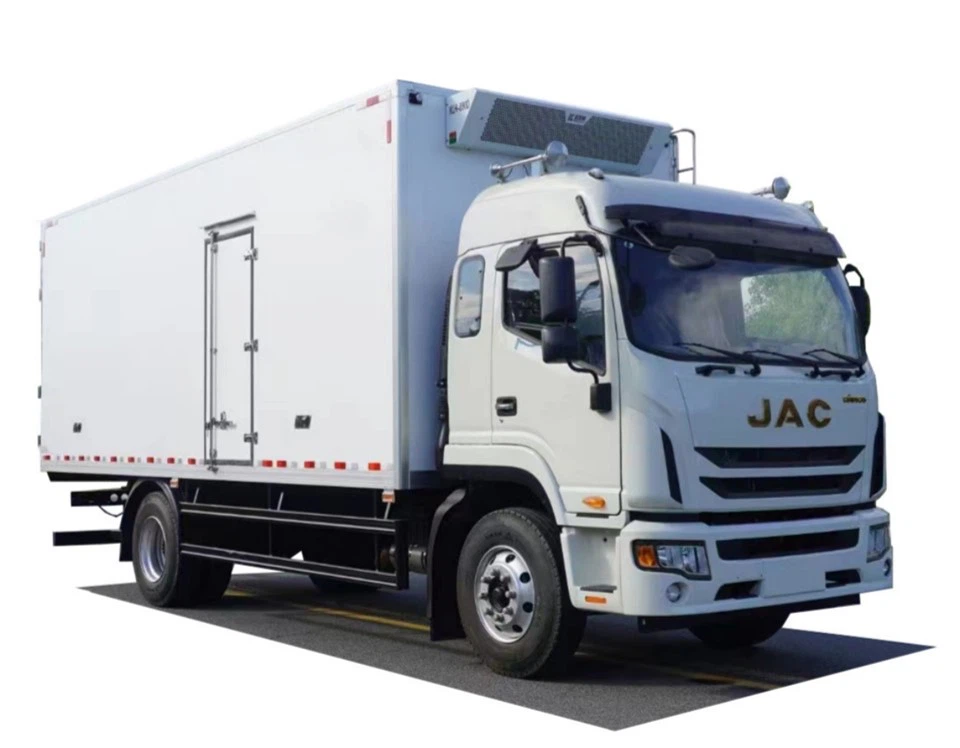Understanding Hook Trucks: A Comprehensive Guide

Hook trucks represent a crucial element in the transportation and waste management industries. Their unique design allows for easy loading and unloading of various containers, making them particularly popular among businesses in logistics, construction, and sanitation. This article will delve into what hook trucks are, how they function, their benefits, and much more.
What Is a Hook Truck?
A hook truck is a specialized vehicle designed for transporting various types of containers or trailers. It features a hydraulic lifting system that allows the driver to pick up and drop off containers with ease. Hook trucks are mainly used in waste management, construction, and other industries that require moving different types of cargo efficiently.
The Mechanism of a Hook Truck
The key to a hook truck’s efficiency is its hydraulic hook lift system. Here’s how it typically works:
- The operator positions the truck near the container.
- The hydraulic system engages, lifting the container off the ground.
- The truck drives away, transporting the container to its new location.
- The operator can drop the container off without requiring additional equipment.

Types of Hook Trucks
Hook trucks come in various types to accommodate different needs. Here’s a breakdown of the most common types:
Standard Hook Truck
These trucks are equipped with basic hook lift systems and are primarily used in waste management and construction sites. They can handle standard containers, making them ideal for everyday tasks.
Heavy-Duty Hook Truck
Heavy-duty hook trucks are designed to transport larger and heavier containers. These trucks generally have a more robust engine and stronger hydraulic systems to manage increased weight and size.
Multi-Purpose Hook Truck
A multi-purpose hook truck can adapt to various container types, from dumpsters to tankers. Their versatility makes them ideal for businesses that require flexibility in their transportation needs.
Benefits of Using Hook Trucks
Investing in a hook truck provides multiple advantages for businesses, including:
Efficiency
Hook trucks significantly reduce the time it takes to load and unload containers. This efficiency can lead to increased productivity on construction sites or in waste management operations.
Cost-Effectiveness

By consolidating transport logistics into one vehicle type, businesses can save on operational costs and improve resource allocation.
Versatility
Hook trucks can handle various loads, making them suitable for multiple industries, enhancing their utility.
Practical Uses of Hook Trucks
Hook trucks serve a variety of functions across several sectors. Here are a few practical examples:
Construction Sites
In construction, hook trucks are used to transport materials such as steel, concrete forms, and equipment. Their ability to handle different containers simplifies the logistics of moving heavy and bulky items.
Waste Management
In the waste management sector, hook trucks are invaluable for picking up and transporting dumpsters. They enable quicker pickup times and efficient routing of waste collection services.
Landscaping and Gardening
Hook trucks can also assist landscaping businesses by transporting soil, mulch, and other materials. Their versatility helps landscape professionals streamline operations.
Choosing the Right Hook Truck
When selecting a hook truck, consider the following factors:

Weight Capacity
Ensure the truck can handle the maximum weight of containers you intend to use. Each hook truck has a specified weight limit.
Container Compatibility
Check what types of containers are compatible with the truck. Some models may only work with specific container sizes.
Hydraulic System
Examine the hydraulic system for efficiency and reliability. A high-quality hydraulic system ensures smooth operations and extends the truck’s lifespan.
Safety Considerations
Safety is paramount when operating hook trucks. Here are essential safety tips:
Training Operators
All operators should undergo rigorous training to ensure they understand the truck’s operation and safety protocols.
Regular Maintenance
Routine maintenance checks help identify potential issues before they become problems. Regularly inspect the hydraulic system, brakes, and tires.
Load Management
Always adhere to weight limits and ensure loads are evenly distributed to prevent accidents during transportation.
Maintenance Tips for Hook Trucks
Routine Checks
Conduct daily inspections of the hydraulic system, brakes, and lights before using the truck.
Fluid Levels
Regularly check and maintain hydraulic fluid levels to ensure efficient operation of the hook lift mechanism.
Tyre Condition
Inspect tyres for wear and tear. Keeping them in good condition is vital for safe and stable driving.
Cost Considerations
The cost of hook trucks can vary based on several factors, including:
Initial Purchase Price
The price range for new hook trucks can be significant. It’s crucial to compare models to find one that fits your budget and needs.
Maintenance and Operating Costs
Consider ongoing costs like fuel, insurance, and maintenance when budgeting for a hook truck.
Conclusion
Understanding hook trucks is essential for businesses involved in logistics, construction, or waste management. These vehicles bring numerous benefits, from efficiency to cost savings, making them a valuable investment.
Frequently Asked Questions (FAQ)
1. What types of containers can a hook truck transport?
Hook trucks can transport various containers, including dumpsters, flatbed trailers, and specialty containers for construction materials.
2. How much weight can a standard hook truck handle?
Standard hook trucks typically can handle between 10,000 to 30,000 pounds, depending on the specific model and its configuration.
3. Do I need special training to operate a hook truck?
Yes, operators should receive specialized training to understand vehicle operations, safety protocols, and how to manage the hydraulic systems effectively.
4. What maintenance is required for a hook truck?
Routine checks on hydraulic fluid levels, tire conditions, and brake systems are required to ensure the vehicle operates safely and efficiently.
5. Can a hook truck operate in adverse weather conditions?
Yes, hook trucks can operate in various weather conditions, but it’s essential to exercise caution, especially in icy or rainy conditions.
6. What industries primarily use hook trucks?
Hook trucks are mainly used in construction, waste management, landscaping, and general freight transportation.
